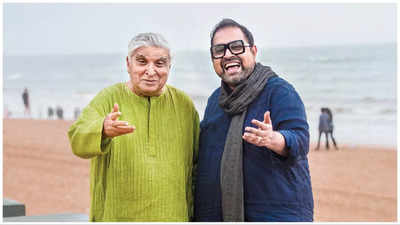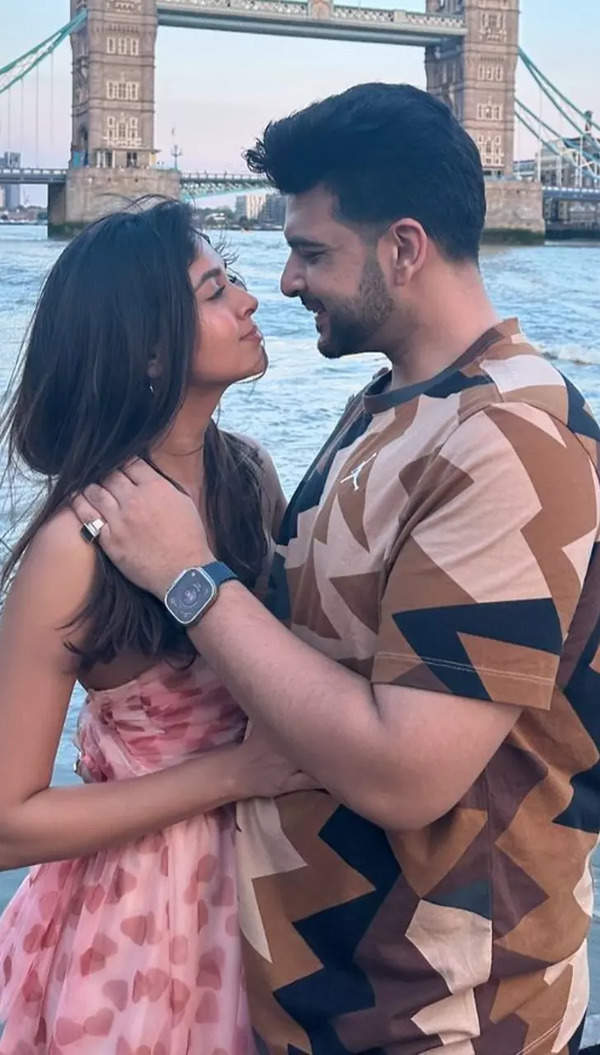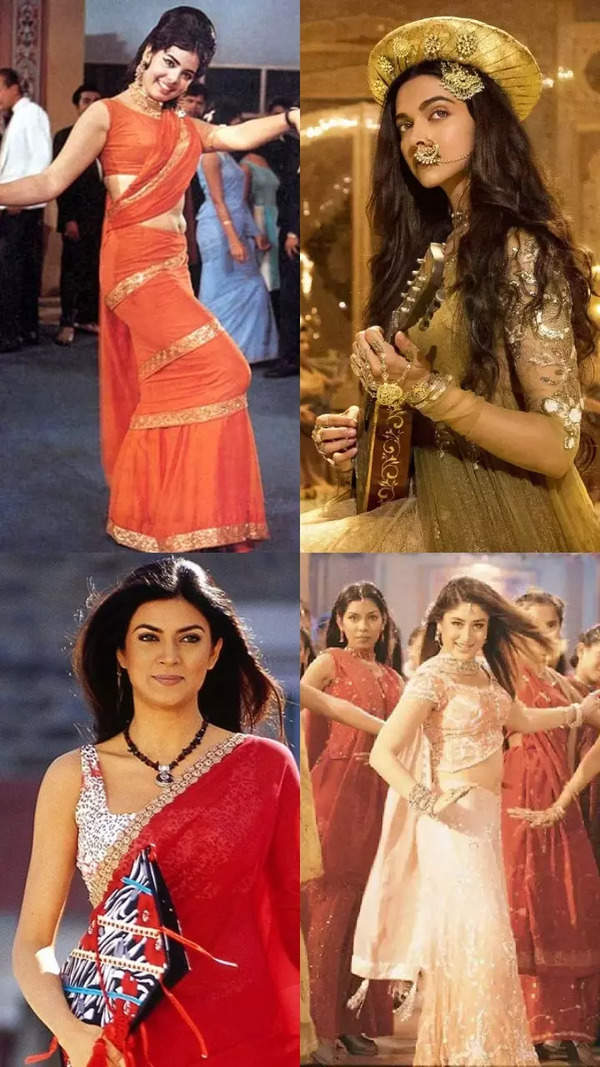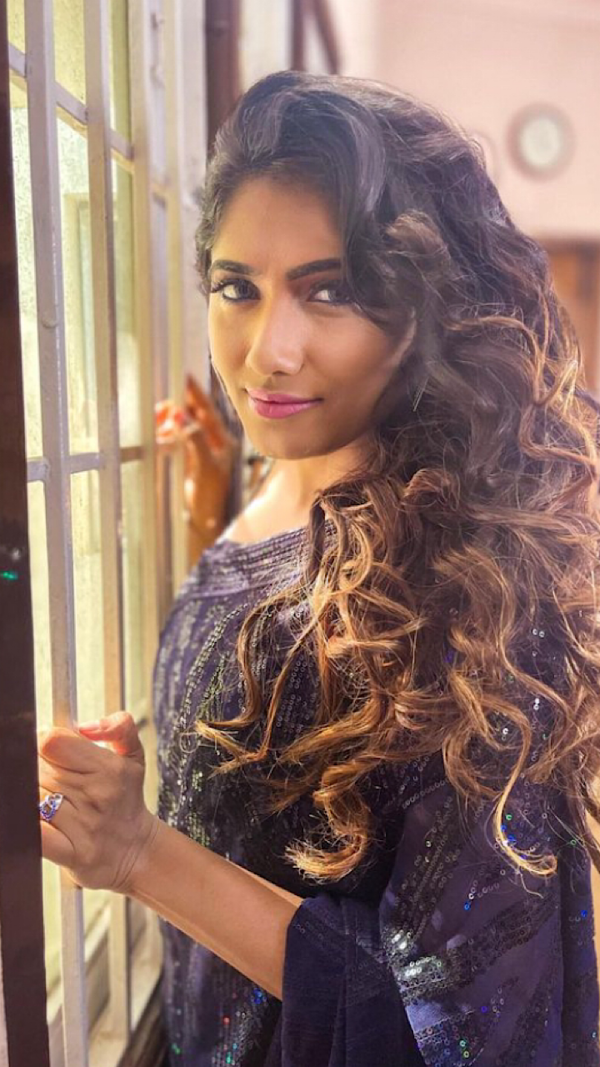- News
- entertainment
- hindi
- music
- For us, one sitting means one song: Javed Akhtar and Shankar Mahadevan
Trending
For us, one sitting means one song: Javed Akhtar and Shankar Mahadevan
Javed Akhtar and Shankar Mahadevan celebrated World Music Day, emphasizing the universal language and power of music.

Yesterday, on the occasion of World Music Day, renowned writer, lyricist and poet Javed Akhtar and celebrated Grammy-winner, singer-composer Shankar Mahadevan, came together to share some moments with us to talk about their musical memories, their strong bond and most of all, their endless fascination for music. Excerpts:

Location: Sun n Sand, Juhu.
Your entire life has been immersed in music, words, sur and poetry…does the beauty of it all still continue to fascinate you?
Javed: The origin of music always fascinates me. That’s how humans must have found rhythm and sur in the universe - in nature, through birds, rivers, waterfalls, wind and so on. It’s so fascinating how human beings all over the world discovered that there are seven notes. Even when I think about how music developed in prehistoric times, it fascinates me. Music is inherent in human nature. I feel that music is the poetry of sound, and poetry is the music of language. So, of course, we should honour this day, but I feel World Music Day should be celebrated every day!
Shankar: Music unites people in a beautiful and tremendously powerful way. Music triggers wonderful feelings and is such an amazing tool of communication. It’s great to celebrate World Music Day, because the language of music is universal.
Tell us about your first memories of music – of learning, listening and being blown away by a song.
Shankar: When I was three-and-a-half years old, I saw an instrument (harmonium). At that time, I didn’t even know what it was, and I started playing a bhajan that we used to sing at home. So that was my first memory of music. The mystery of the seven notes was demystified in one shot. I guess the connection between music, notes and notation happened organically for me.
Javed: My mother, who came from a middle-class background, taught in a college. But being a great music lover, she had a gramophone and some records, a luxury which only rich people could afford back then. In Bhopal, we used to live on the first floor of a building and the owner was on the ground floor. Obviously, he was richer than us because he had a radio, and every time he would play it, we’d hear it too. When I was about five years old, I remember seeing my mother rushing to the balcony, because one of her favourite songs was playing on the radio. She would stand there, and I’d follow her and look at how she’d listen to this song (Ghabra Ke Jo Hum Sar Ko Takraye To Achcha Ho from Mahal) with so much attention. So, that is my first memory of music. Another memory is of my daughter, Zoya, who was about four months old when she used to react only to one song from Raja Jani. I always wondered why she was so fascinated by the tune of that song.
Both of you have worked together as composer-lyricist on over 250 songs. Tell us about the connect that you have & how that leads to creating great music together?
Shankar: I consider him as a blessing that has come to me from above. Javed sir is one person who stood by me like a pillar of strength, he has been a guide and a genuine well-wisher for my entire family. I feel secure that Javed sir is with me in the industry. We don’t feel it’s work when we are creating a song together. One day, Shabana (Azmi) came to the studio and said that if any producer sees the way you both work, they will never pay you. Javed sir’s biggest strength is his humour, and because of that, even serious work gets done easily.
Javed: Shankar is very special to me. Recently, I went to his house and we had a huge lunch. Mahadevans are foodies. Then we went to his music room, and by evening, we had completed a song. For us, one sitting means one song. But that’s not the case with every other composer. Our ultimate work together was Breathless. The idea was with me for 6-7 years. I’d mentioned it to different singers and music directors. Everybody liked the idea, but nobody took it up. Then I met Shankar and he immediately agreed to do it and that is how it started.
Did you always dream of being a musician?
Shankar: I’m from a simple, middle-class South Indian family. I could never think of pursuing music as a career. We were a simple family, we lived in a 1BHK (500 sq ft) house, so how could I think of making a living out of music? It was far, far beyond my reach.
Javed saab, you come from a family of writers, was writing always your calling?
My father had a singer friend who used to play the harmonium. One day, he brought it to our place, and for the first time, I saw a harmonium and pressed the keys. And then it became my fantasy to learn how to play the harmonium and learn music, but circumstances never allowed me to do it. Music and tunes have always fascinated me. I have the talent and I think that with a little training, I could be a musician. Writing, of course, was inevitable, as that was my heritage, it was in my genes. The last seven generations of my family were writers of a certain known status.
Creating a film’s soundtrack is a collaborative effort, how do you react to feedback that comes your way, given the knowledge and experience you have in this field?
Javed: The director has certain requirements. Then, there are music directors, and more often than not, the songs are written to the tune. So, he may say, ‘Sir, my tune cannot adjust this particular sound or word. There is a murki here and this word is flat and will not allow the murki.’ That happens. But I refuse to accept unnecessary, non-creative suggestions. Sometimes, if the situation becomes impossible, I walk out of it. I have no hesitation in leaving a film. But, I will not write what I am not capable of. I will not write anything that is obscene by any stretch of imagination. I will not write something grammatically wrong. If you don’t know the language, I cannot be responsible for that.
Shankar: I feel the director is closest to the film and the captain of the ship. For a movie, we are not just music composers, we are music designers. The director knows what works best for them. So, we take their inputs positively and design music that satisfies the director’s vision.
End of Article
FOLLOW US ON SOCIAL MEDIA









